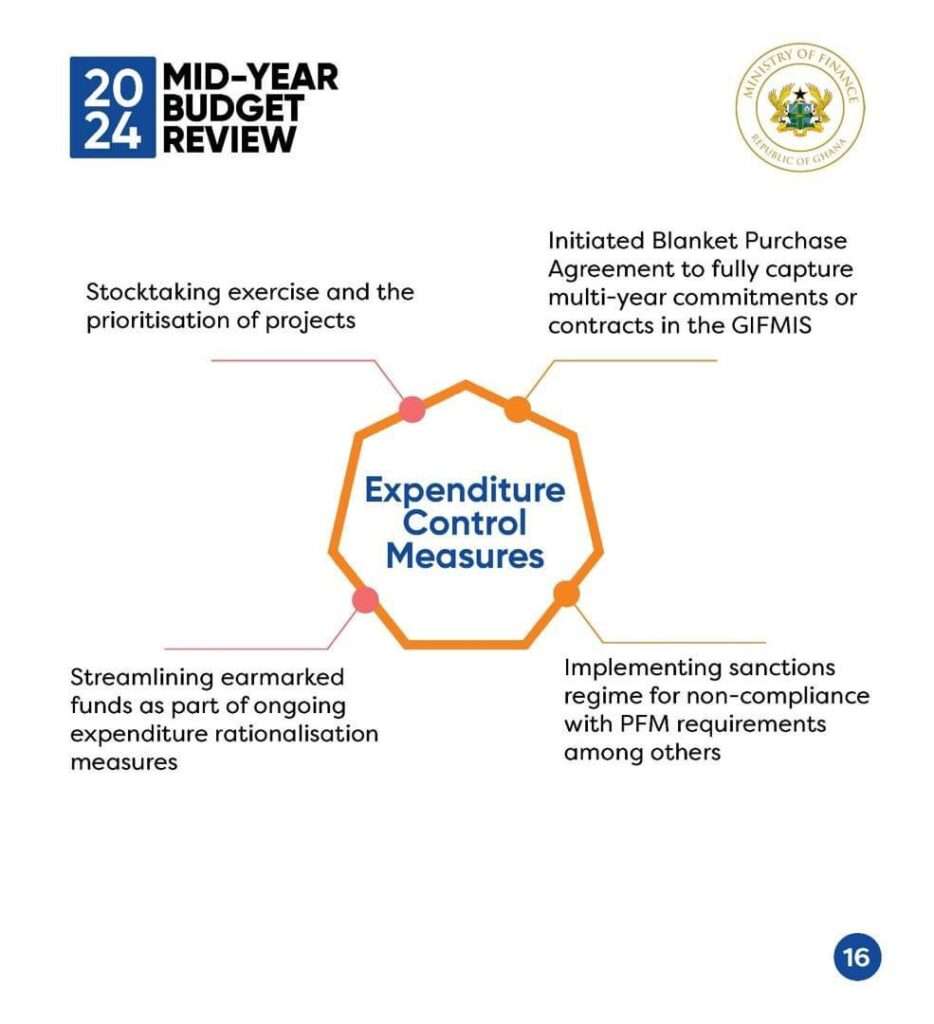Economist Dr. Theo Acheampong has commended the government’s strong commitment to fiscal discipline, particularly in the recent mid-year budget review, which he attributed to the influence of the International Monetary Fund (IMF) program.
In a detailed analysis of the mid-year budget review, Dr. Acheampong highlighted the government’s disciplined approach to spending, particularly notable in an election year when spending typically increases. His comments reflect the role of the IMF in steering the government towards fiscal responsibility. The IMF’s oversight appears to have provided the necessary framework and impetus for the government to adhere to a more disciplined financial strategy.
“Were the IMF not around in any other year, especially with the election around the corner, the government would have been spending, and this is a positive development.”
Dr. Theo Acheampong, Economist and Political Risk Analyst
Dr. Acheampong cited several indicators of macroeconomic stabilization, indicating that the economy is on a path of sustained recovery.
However, Dr. Acheampong emphasized that while these macro-level improvements are essential, it is equally crucial for the recovery to address micro-level issues such as the cost of living, which directly affect the everyday lives of citizens.
Reacting to the key highlights after the mid-year budget presentation, Dr. Acheampong observed a shift in the economy’s momentum towards growth.
Dr. Acheampong pointed out the government’s plans to invest in infrastructure, such as roads, and the potential reintroduction of road tolls. Additionally, there is a significant emphasis on housing and efforts to increase revenue collection.
Shift Towards Economic Growth

Finance Minister Dr. Mohammed Amin Adam announced a revision to the 2024 fiscal framework, indicating a primary balance on a commitment basis.
This revision saw a decrease in total expenditure by 2.1 percent, from GH¢226,681 million (21.6% of GDP) to GH¢219,749 million (21.5% of GDP). This move aligns with the government’s commitment to maintaining fiscal prudence and managing public finances effectively.
“But I think overall, the story for me is relatively positive compared to other supplementary budgets or mid-year budgets, where the government normally comes to ask for more money. This time around, they’re not asking for more money, and spending is within the parameters that had been set.”
Dr. Theo Acheampong, Economist and Political Risk Analyst
Last month, the IMF’s executive board approved the second review of Ghana’s $3 billion loan programme, paving the way for the immediate release of approximately $360 million.
This approval came after Ghana reached an agreement with its official creditor committee, a necessary step to access the second instalment. With this latest disbursement, the total IMF funds disbursed under the three-year bailout programme, aimed at addressing Ghana’s serious economic challenges, now amount to $1.56 billion.
In a statement, the IMF acknowledged Ghana’s overall strong performance under the programme. The successful disbursement of funds highlights the international community’s confidence in Ghana’s economic management and the effectiveness of the measures being implemented.
The implications of these developments are significant. The government’s adherence to the IMF programme has not only provided immediate financial relief but also fostered a more stable economic environment.
The commitment to fiscal discipline is expected to enhance investor confidence and create a more predictable economic landscape, essential for long-term growth and development.
Dr. Theo Acheampong’s analysis underscores the government’s strategic approach to managing the economy amidst challenging times. By adhering to fiscal discipline and leveraging international support through the IMF program, Ghana is poised to navigate its economic challenges effectively.
The revisions to the fiscal framework and the continued disbursement of funds from the IMF program highlight a concerted effort to stabilize the economy and ensure sustainable growth.
READ ALSO: Fitch Ratings Maintains Neutral Outlook for Emerging-Market Sovereigns in 2024, Including Ghana




















